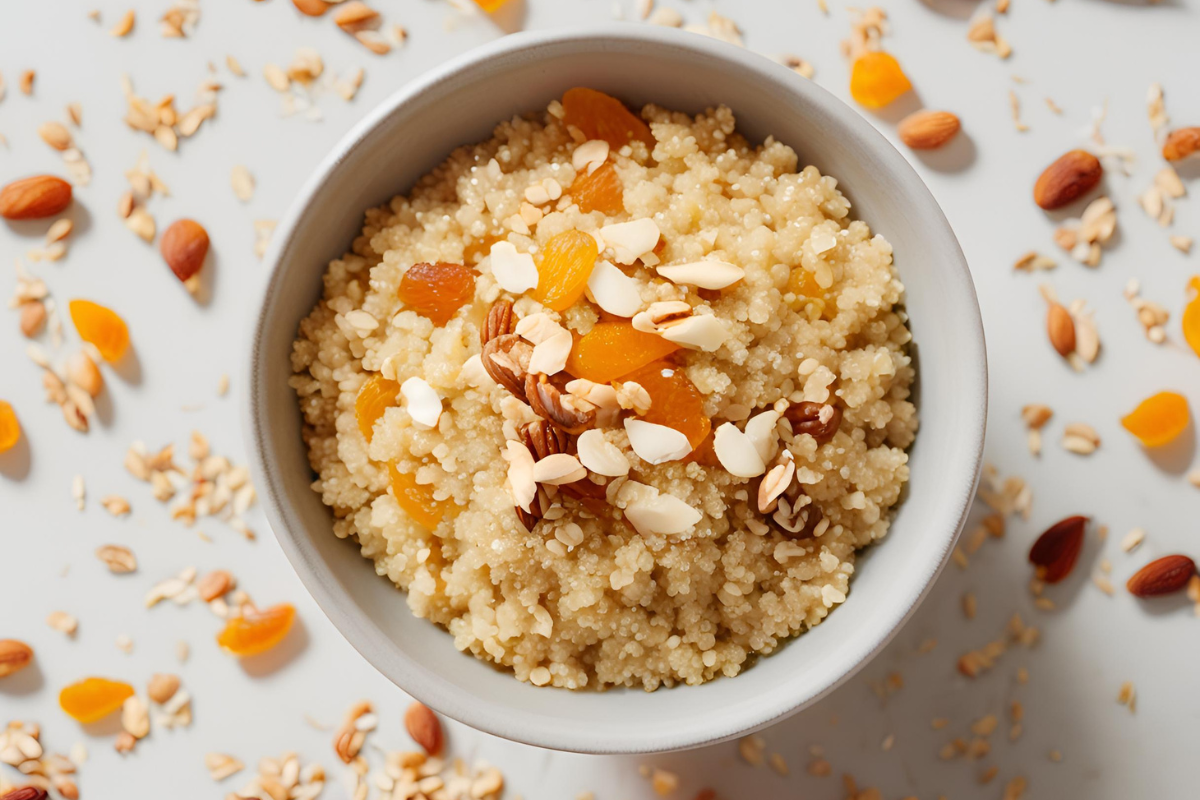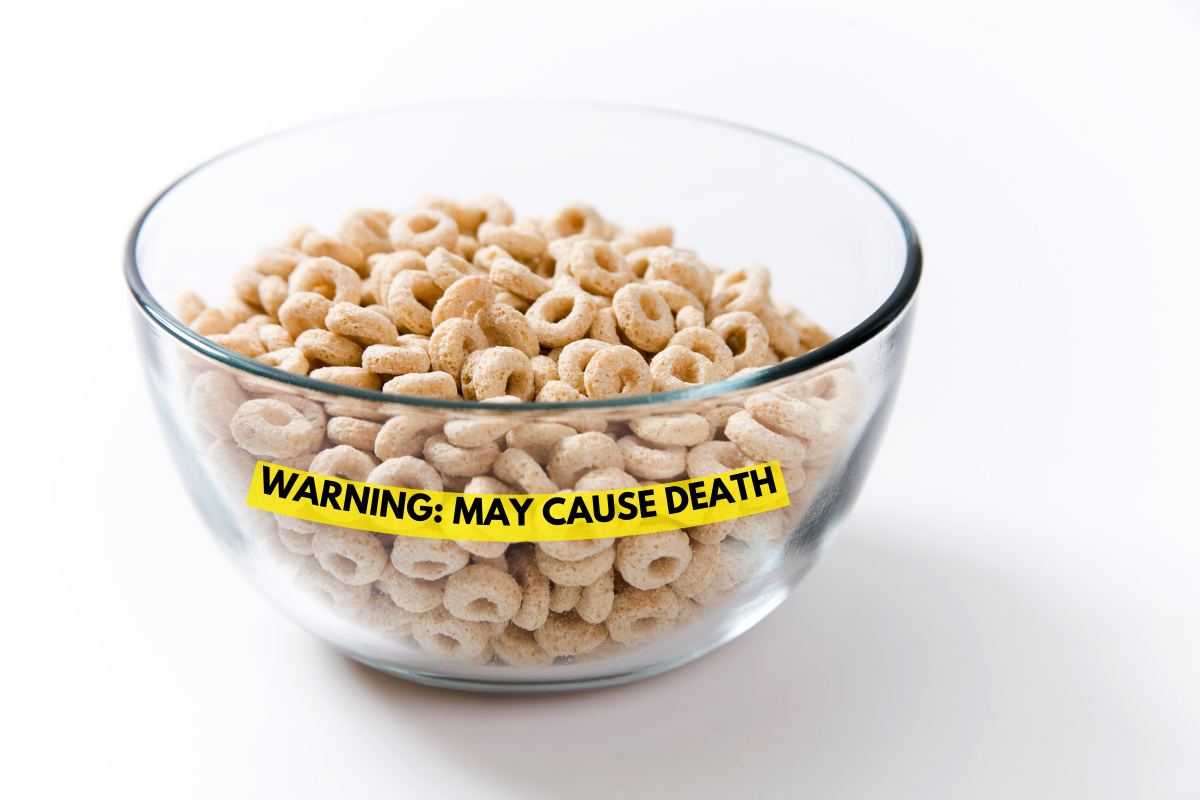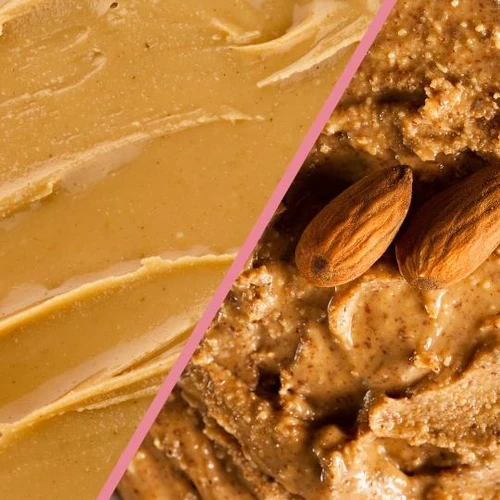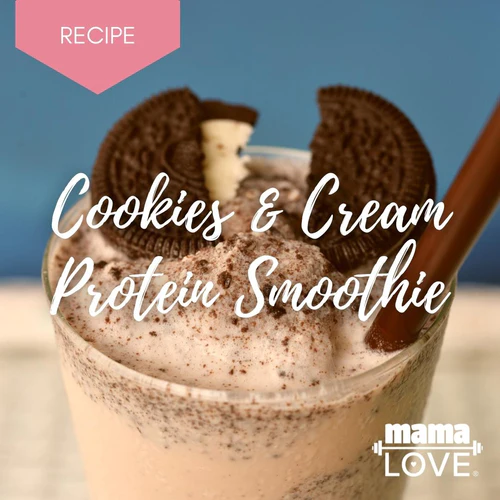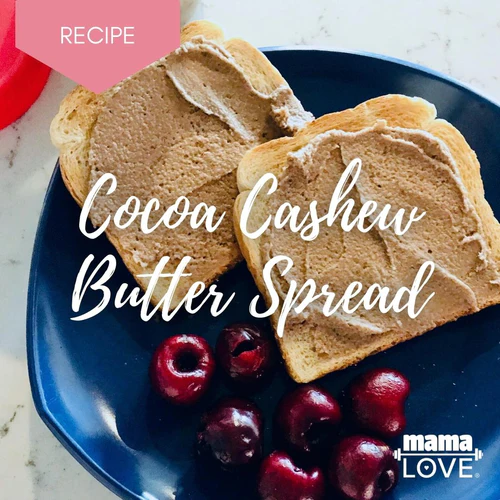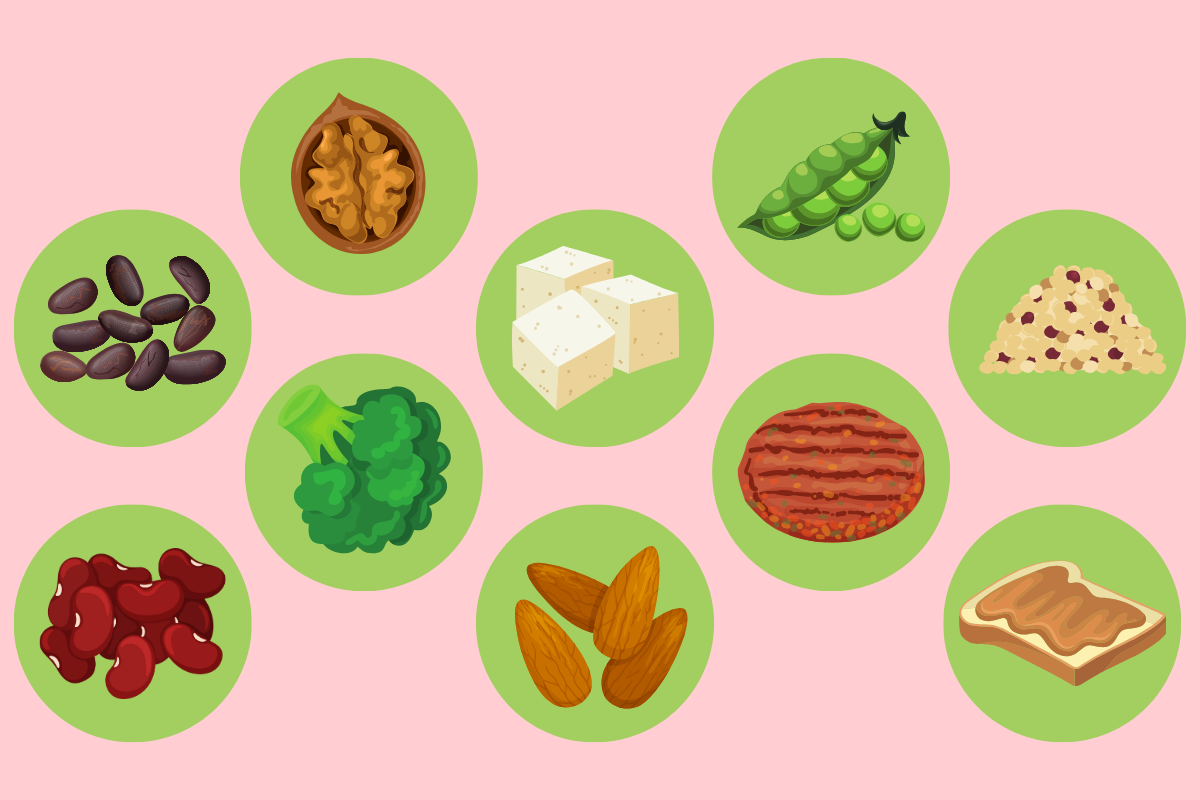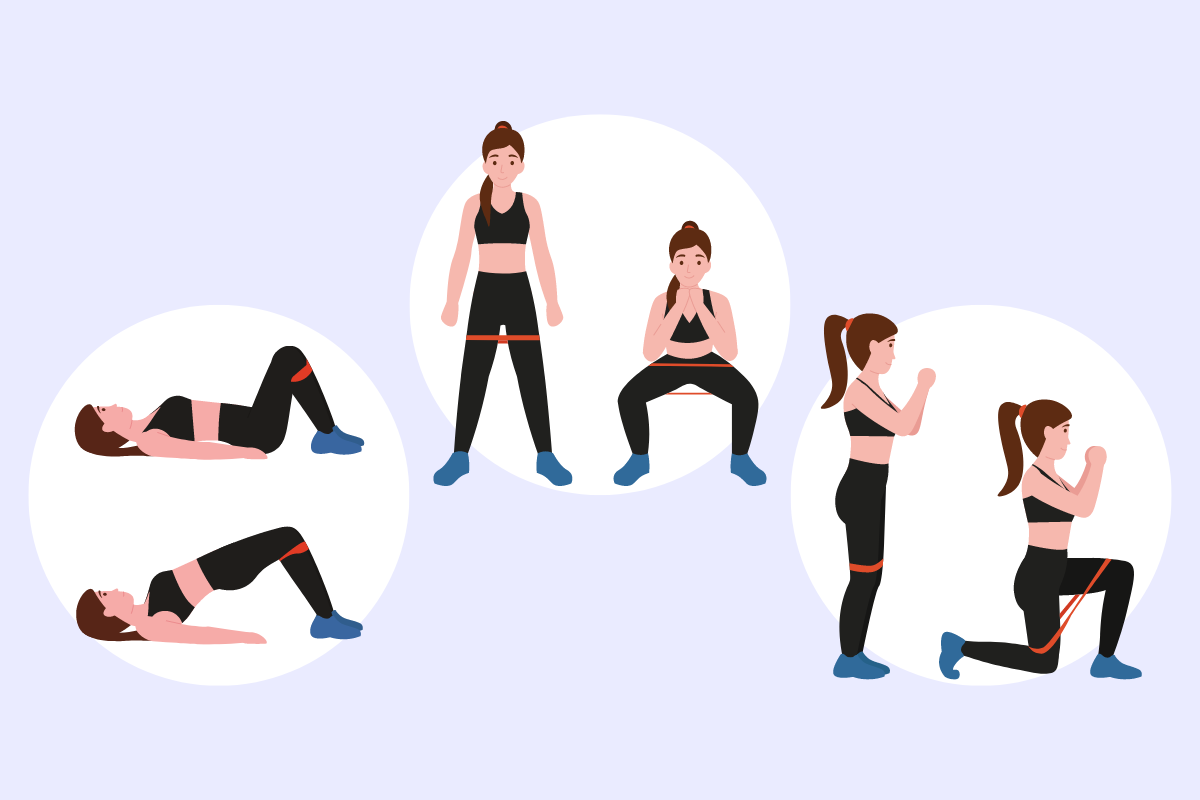
One of the biggest concerns women often have when they are breastfeeding and working out, is how it will affect milk production. If you’re eating right, taking in enough protein and drinking plenty of water throughout the day, your breast milk supply shouldn’t take a hit.
But, unfortunately, that doesn’t mean your breasts are in the clear. The sports bra you’re wriggling into before getting started, and sometimes the activity you choose (weightlifting, for example), can constrict breast tissue, cause inflammation, and put you at risk of clogged ducts and—the dreaded—mastitis. This is where sunflower lecithin can play a huge role.
What is Sunflower Lecithin?
Lecithin is a phospholipid (1) used by the body to support metabolism and cell structure, and it’s naturally found in egg yolks, soybeans, and sunflower seeds.
If you’re concerned about staying away from animal products, GMO foods, or unnecessary chemicals, sunflower seeds are the best source for lecithin. Sunflowers are not genetically modified and extracting lecithin from the seeds is pretty straight forward—processors don’t need to use chemicals the way they do with soybeans.
How Does Sunflower Lecithin Support Breast Milk?
Sunflower lecithin won’t amp up your breast milk supply, meaning you’re not going to suddenly fill up those little pump bottles after taking supplements or drinking smoothies laced with it.
So what does sunflower lecithin do for breastfeeding? It makes breast milk smoother, and can help reduce your risk of recurrent plugged ducts (2, 3). (Again, that’s a big deal for anyone who wears a sports bra!)
Sunflower lecithin is often recommended to moms struggling with recurrent plugged ducts and mastitis. It acts as an emulsifier, breaking up fat globules in breast milk and helping it flow through ducts more easily. Less sticky milk means fewer clogged ducts, and fewer clogged ducts lowers your risk of developing mastitis (4).
A quick caveat: If you do get a plugged duct (you’ll know it when you feel it!), sunflower lecithin alone isn’t going to push that blockage through. You’ll need to treat it with warm compresses, massage, and extra nursing or pumping on that side (5). Be sure to consult your doctor or lactation coach if you don’t feel improvement within a day or so.
Does Sunflower Lecithin Improve Cognition and Brain Health?
Sunflower lecithin also happens to be a great source of choline, more specifically phosphatidylcholine, a chemical used within the brain for communication shown to support learning and memory (6). Research links a higher intake of choline to improved cognitive function (7), and shows choline supplementation can help improve memory function in older adults (8).
Does Sunflower Lecithin Enhance Athletic Performance?
If you’re into endurance sports (distance runners and triathletes, say he-ey!), you might get even more benefits from having sunflower lecithin in your diet. It turns out choline plays a role in movement—the brain uses it to send messages to muscle fibers to get them to contract.
Research shows strenuous exercise decreases choline levels within the body, especially in marathon runners (9) and cyclists (10), but there’s also evidence that getting more phosphatidylcholine into your diet can prevent choline levels from declining and may actually improve performance.
In a handful of studies, well-trained athletes were given phosphatidylcholine before completing a tough workout. Scientists who had measured the amount of choline in their blood before and after, discovered choline levels remained consistent (they didn’t drop!) and muscle recovery rates improved (11).
Sources:
- Lecithin. DRUGS AND LACTATION DATABASE (LACTMED), Oct. 23, 2019.
- Bonyata, Kelly. Lecithin treatment for recurrent plugged ducts. KELLY MOM, Jan. 2018.
- Scott, CR. Lecithin: it isn’t just for plugged milk ducts and mastitis anymore. MIDWIFERY TODAY INT MIDWIFE, 2005 Winter, vol. 76, pp. 26-7.
- Mastitis. MAYO CLINIC: PATIENT CARE & HEALTH INFORMATION.
- Bonyata, Kelly. Recurrent Mastitis or Plugged Ducts. KELLY MOM, March. 2018.
- Hasselmo, ME. The Role of Acetylcholine in Learning and Memory. CURRENT OPINION IN NEUROBIOLOGY, vol. 16, is. 6, Dec. 2006, pp. 710-715.
- Poly, C., Massaro, JM., Seshadri, S., et al. The relation of dietary choline to cognitive performance and white-matter hyperintensity in the Framingham Offspring Cohort. AMERICAN JOURNAL OF CLINICAL NUTRITION, vol. 94, is. 6, Dec. 2011, pp. 1584–1591.
- Spiers PA, Myers D, Hochanadel GS, et al. Citicoline Improves Verbal Memory in Aging. ARCHIVES OF NEUROLOGY, vol. 56, is. 5, 1996, pp. 441–448.
- Buchman AL, Jenden D, Roch M. Plasma free, phospholipid-bound and urinary free choline all decrease during a marathon run and may be associated with impaired performance. JOURNAL OF THE AMERICAN COLLEGE OF NUTRITION, vol. 18, is. 6, Dec. 1999, pp. 598-601.
- Von Allworden HN, Horn S, Kahl J, Feldheim W. The influence of lecithin on plasma choline concentrations in triathletes and adolescent runners during exercise. EUROPEAN JOURNAL OF APPLIED PHYSIOLOGY AND OCCUPATIONAL PHYSIOLOGY, vol. 67, is. 1, 1993, pp. 87-91.
- Jager, R, Purpura, M, Kingsley, M. Phospholipids and sports performance. JOURNAL OF INTERNATIONAL SOCIETY OF SPORTS NUTRITION, vol. 4, is. 5, July 2007.

